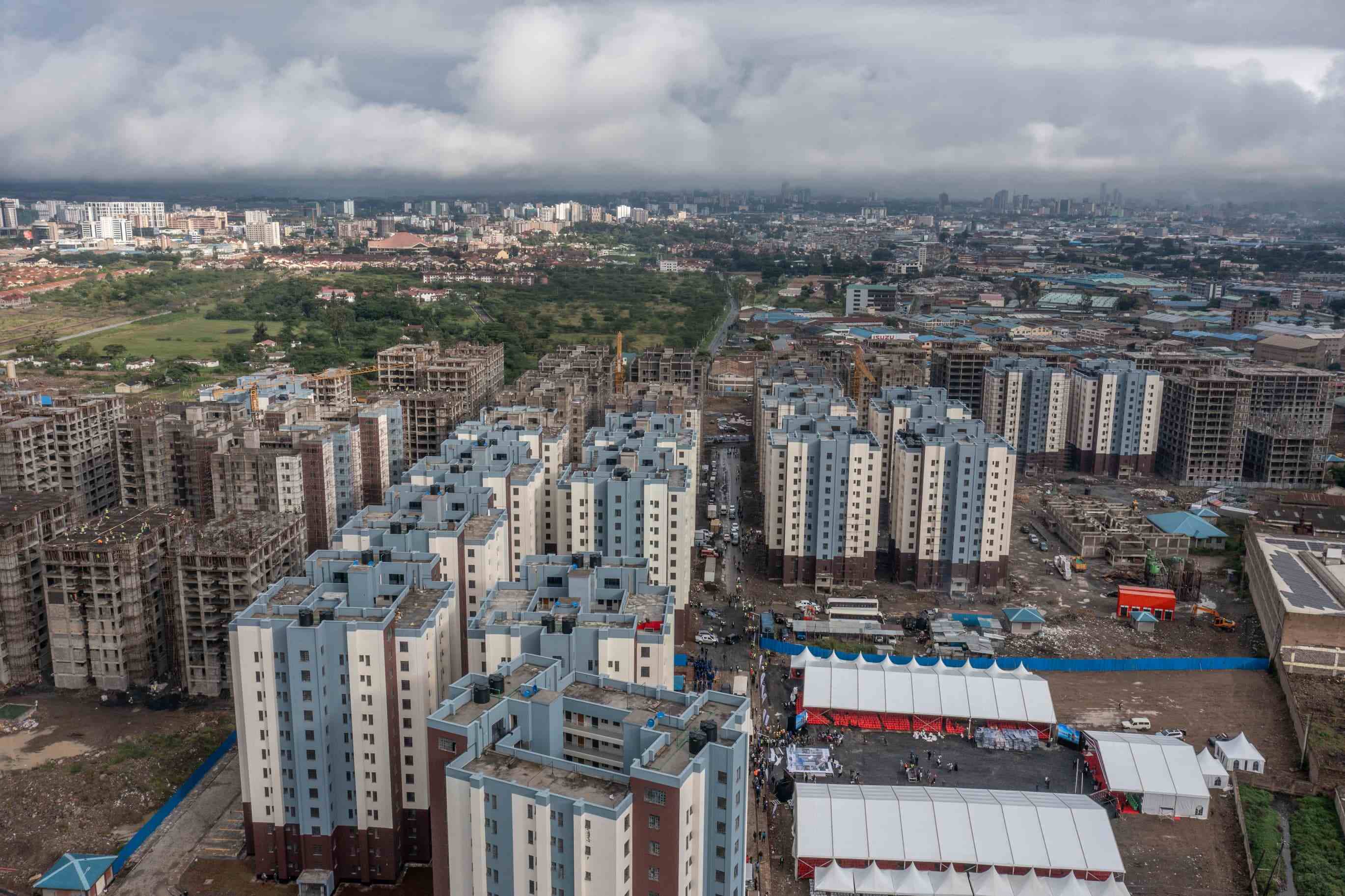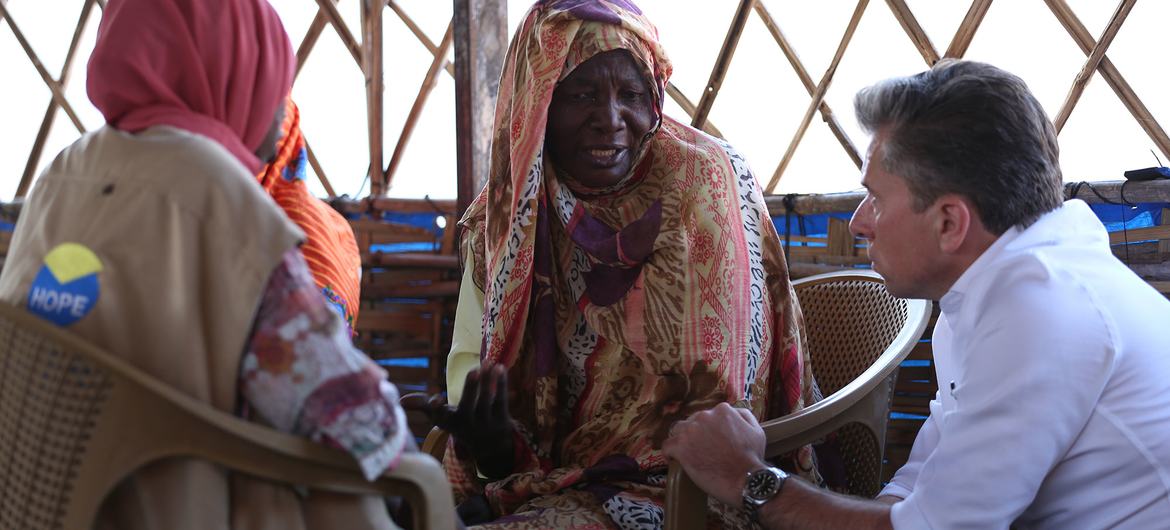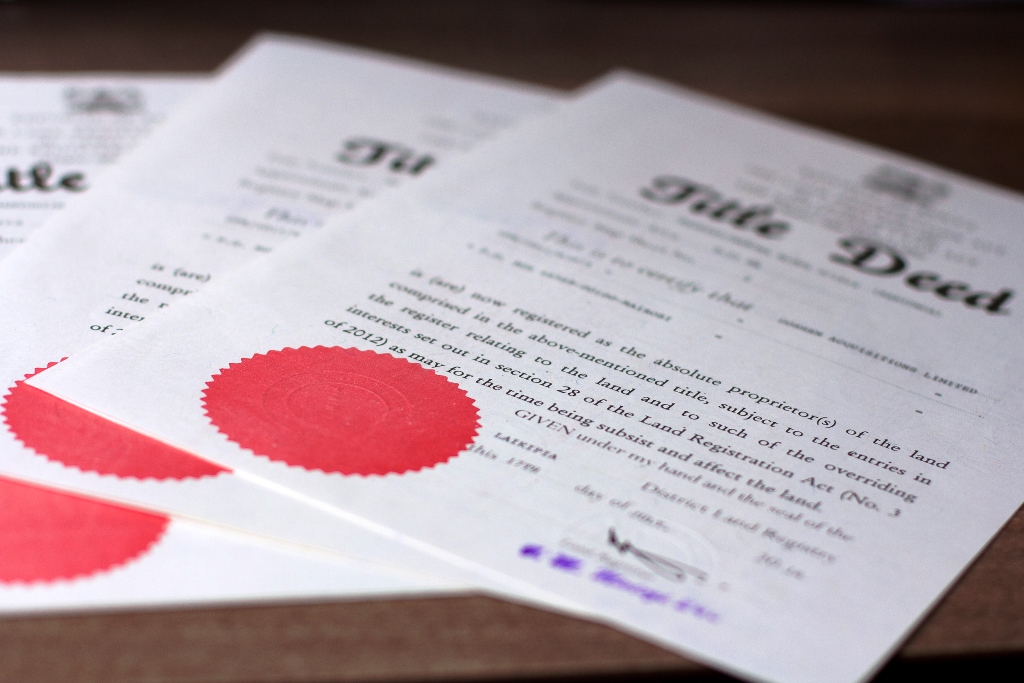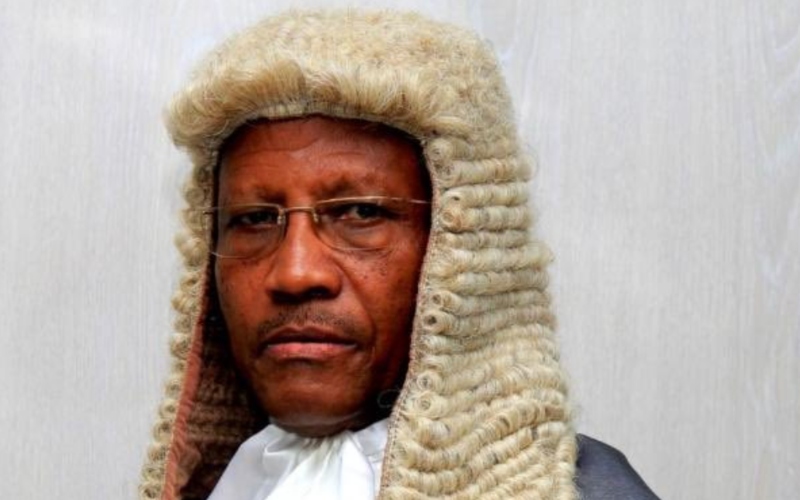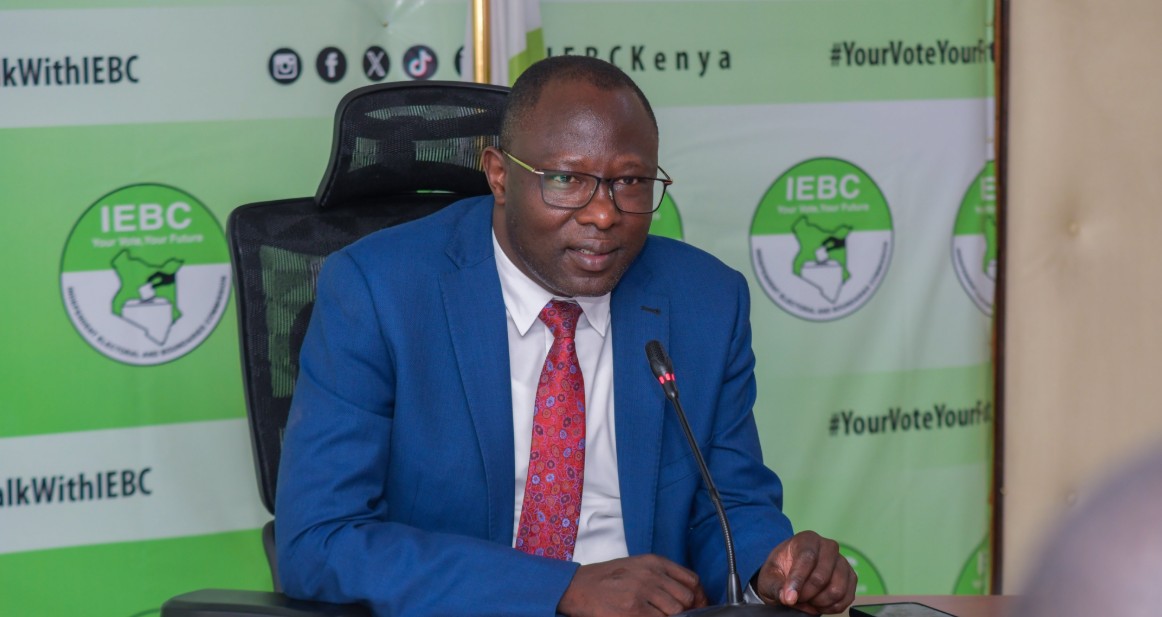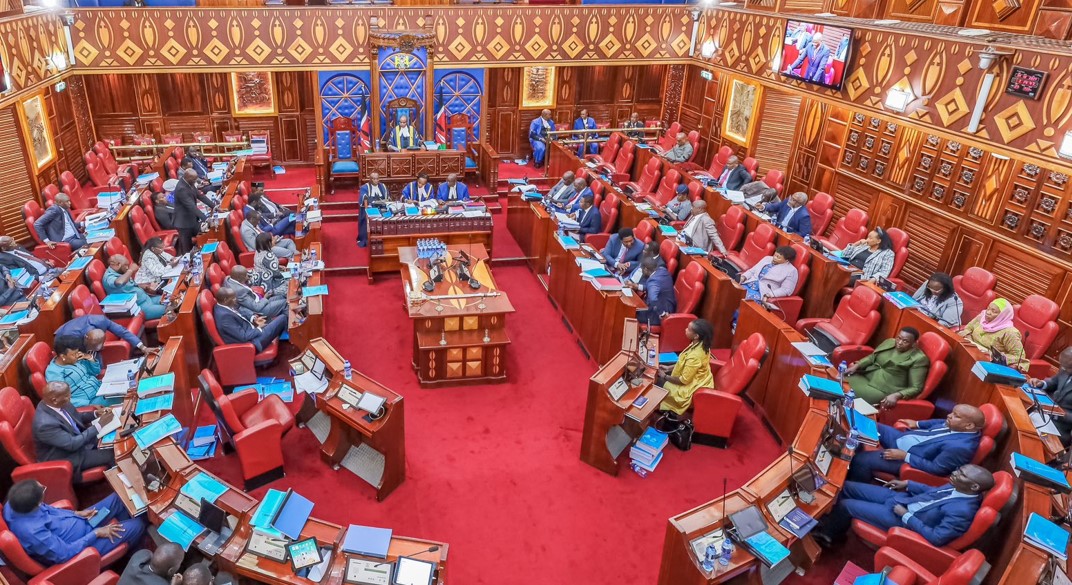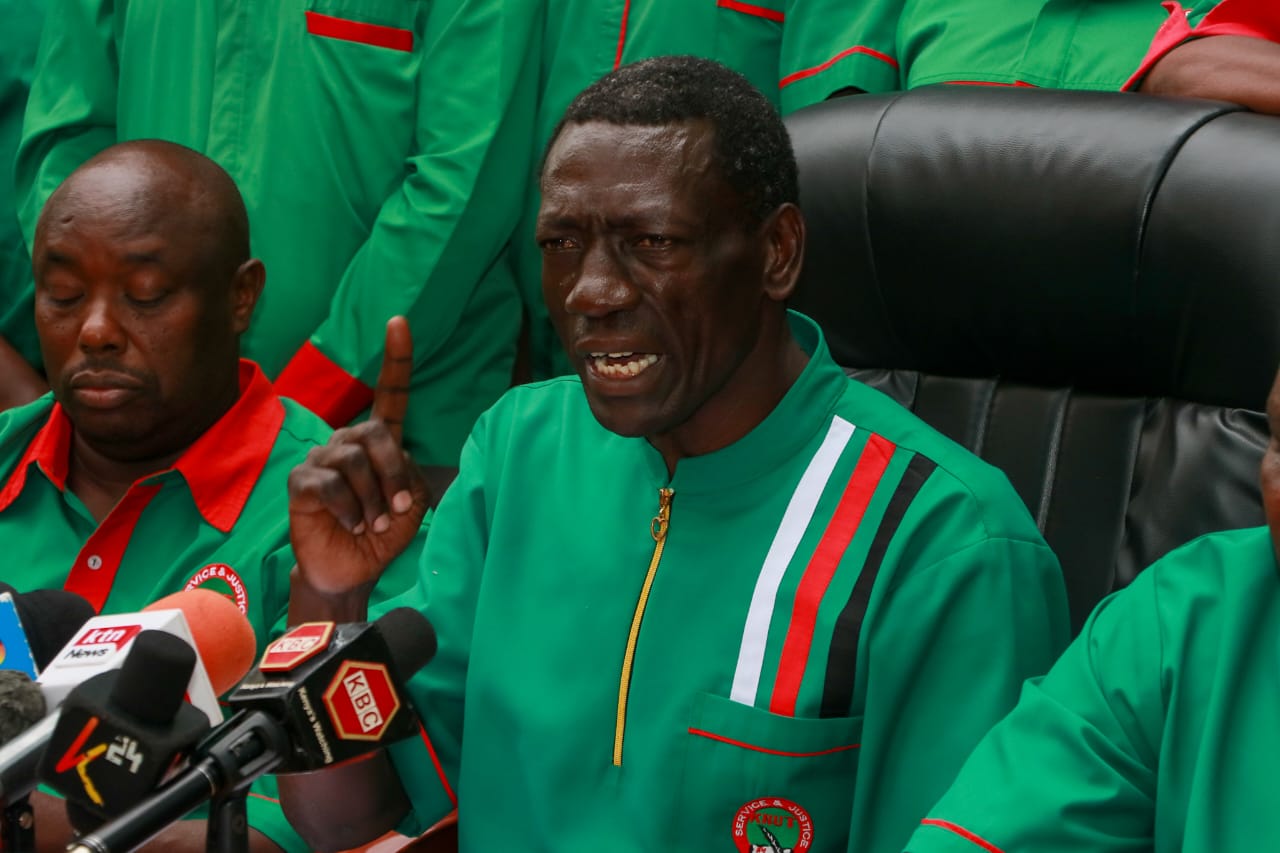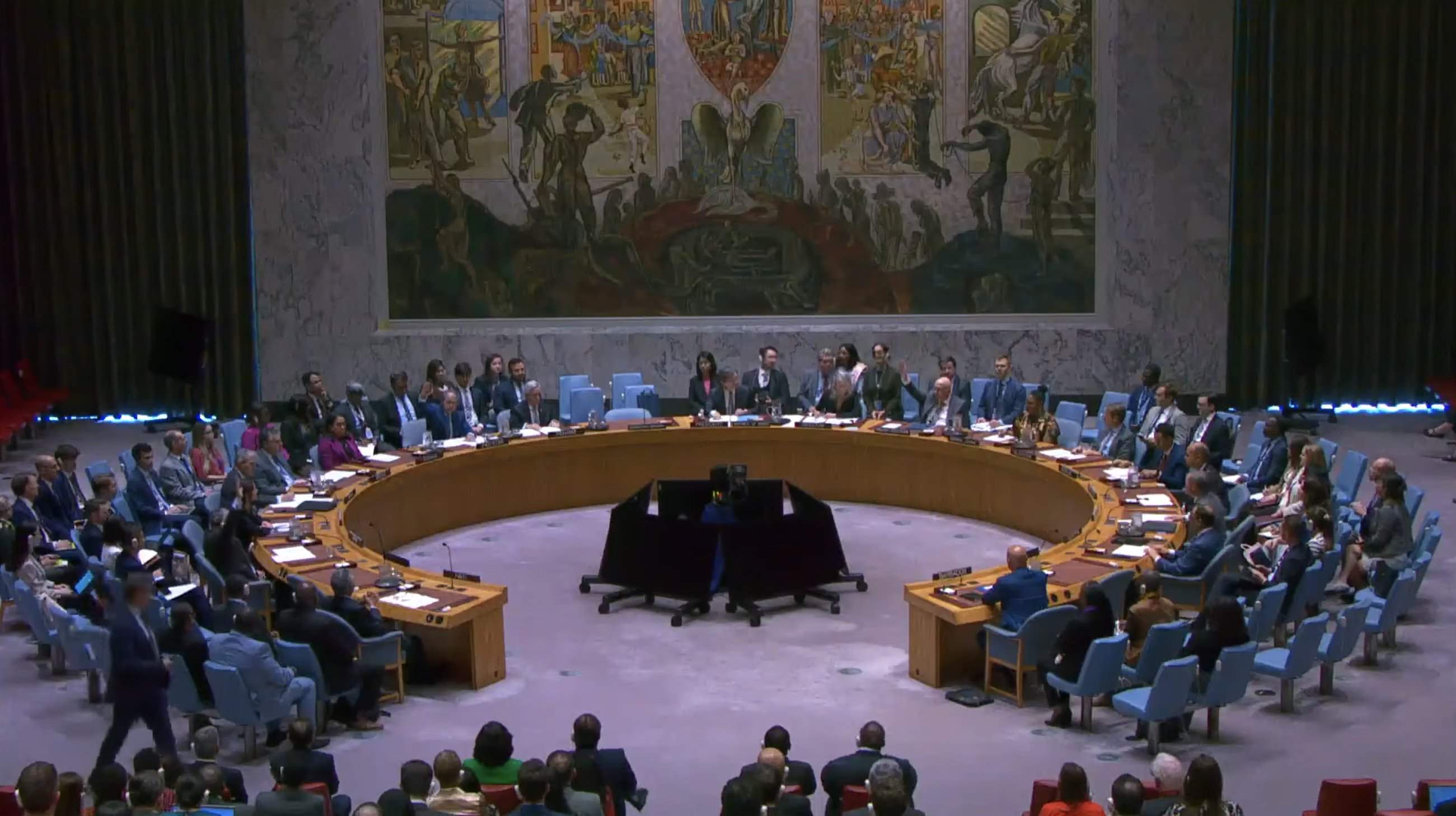Parliament pushes Public Participation Bill to streamline hearings
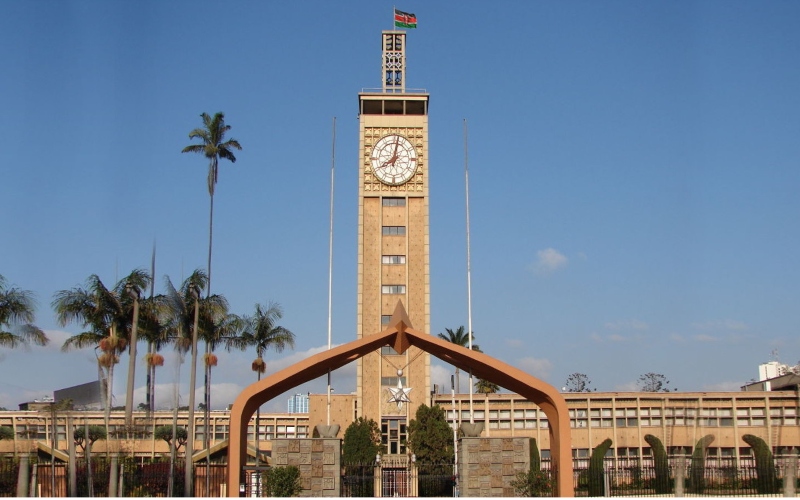
If passed, the law will mark a significant step toward modernising the public participation process while protecting taxpayers from redundant expenditures.
The National Assembly is set to overhaul the way public input is collected on legislation and policy documents, with a new proposal aiming to prevent repetitive hearings that have long been criticised as wasteful.
The Public Participation Bill, 2025, seeks to give the National Assembly and the Senate the flexibility to avoid duplicate exercises when both Houses are required to approve a Bill.
More To Read
- New Bill seeks to end political patronage in diplomatic postings
- President Ruto to deliver State of the Nation address on November 20
- Wetang’ula decries 'disruptive' conservatory orders, urges judicial restraint
- MPs endorse new extradition rules with UAE, Italy and China
- Activists petition Parliament to summon PS Sing’Oei over abducted Kenyans in Uganda
- Mosop voter moves to court seeking removal of MP Abraham Kirwa over two-year absence
National Assembly Speaker Moses Wetang’ula has repeatedly pointed out that requiring both Houses to independently engage the public on the same matter is unnecessary.
He argued that public participation should be handled primarily by the committee of the House where the Bill originates, while the other House contributes without repeating the entire process.
The Bill, sponsored by Otiende Amollo of Rarieda and Samuel Chepkong’a of Ainabkoi, provides detailed guidance on the scope and conduct of public participation in Parliament.
It also emphasises responsible use of public resources and sets timelines for authorities to carry out the process efficiently.
Clause 2 of the Bill defines public participation as “the process involving the public in making or implementing public policy decisions, including the enactment of legislation”.
It further outlines which bodies are responsible for coordinating the process and grants them powers to establish clear guidelines for public involvement.
According to the Bill, “public resources shall be used prudently and responsibly. A committee of a House of Parliament may take measures to avoid duplicating public participation conducted by a committee of the originating House”.
This provision is designed to reduce unnecessary spending, which currently arises when committees from both Houses hold separate public hearings for the same policy or Bill.
The draft law also allows the committee of the second House to seek “additional views on the Bill” if significant amendments have been made in the originating House.
Moreover, it encourages joint sittings of committees from both Houses to gather public opinion in a single exercise, saving both time and money.
Attempts to pass similar legislation have been made three times previously: in 2018, 2019, and 2023, but all failed. Proponents of the current Bill hope that the renewed focus on efficiency and judicious use of resources will ensure its approval.
If passed, the law will mark a significant step toward modernising the public participation process while protecting taxpayers from redundant expenditures.
Top Stories Today
